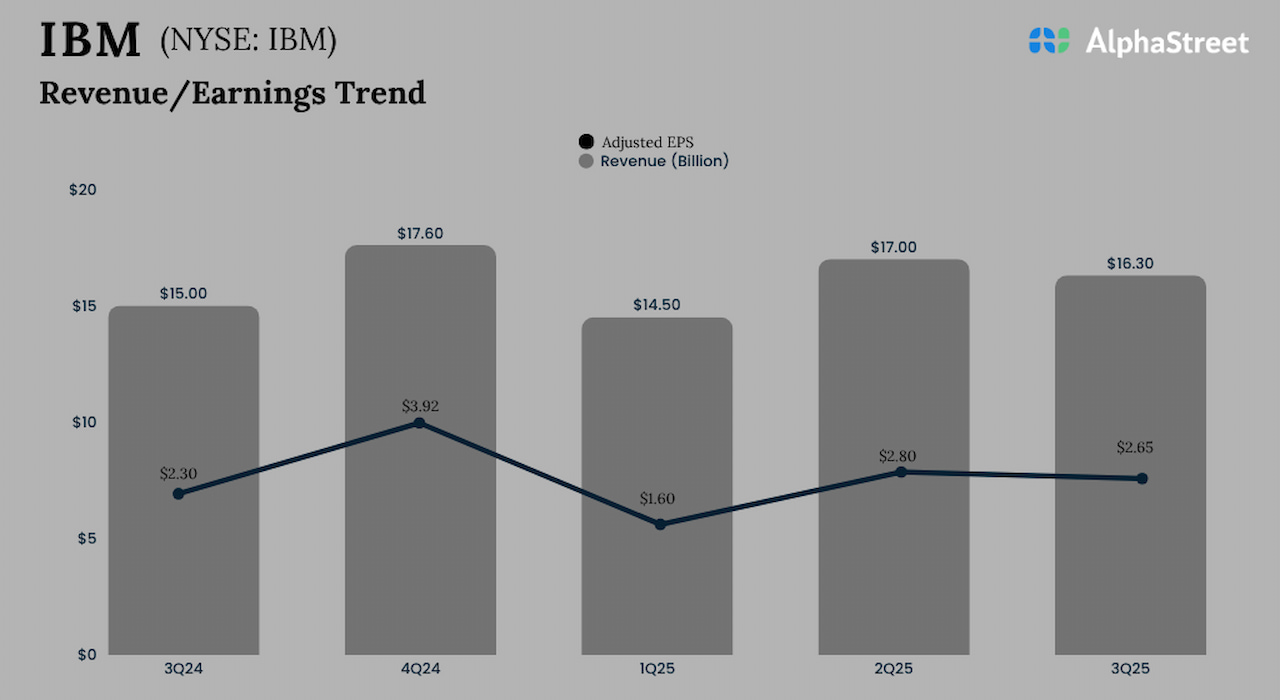FAQs about enterprise resource planning (ERP) systems.
Highlights:
An ERP system consolidates business functions such as accounting, procurement, inventory, and HR.
SAP and Oracle are examples of ERP solutions.
There are three common types of ERPs: on-premise, cloud-based, and hybrid.
Enterprise resource planning (ERP) systems have become an essential component of modern business operations. They simplify processes, boost productivity, and strengthen compliance by integrating core business functions into a single system.
For corporate tax professionals and chief financial officers (CFOs), understanding how an ERP system works is crucial for successfully managing financial data, ensuring regulatory compliance, and improving overall business performance.
As you look to unlock the return of investment (ROI) potential of an ERP system for your business, let’s dive into some frequently asked questions about these systems and their integration.
Jump to ↓
What is an example of an ERP system?
What is the difference between an ERP and a CRM?
How do ERP systems work?
What are the three common types of ERPs?
Are ERP systems hard to integrate?
Why ERP systems are important for your business
What is an example of an ERP system?
An ERP system integrates various business functions, including finance, supply chain management, human resources, and procurement. Below are some examples of well-known ERP systems.
SAP S/4HANA is a cloud-based, on-premise, or hybrid ERP solution with extensive customization capabilities. S/4HANA is the latest generation of SAP’s ERP platform, built on an advanced in-memory database that allows faster data processing and real-time analytics. This platform is known for its scalability, flexibility, and ability to support complex business processes across industries.
Oracle ERP Cloud is a primarily cloud-based ERP suite that provides organizations with advanced capabilities, such as AI to automate the manual processes, analytics to react to market shifts in real time, and automatic updates to stay current and gain a competitive advantage. This platform is known for its growth potential and strong focus on AI and machine learning to enhance business intelligence.
What is the difference between an ERP and a CRM?
An ERP system focuses on integrating business processes across various departments. A customer relationship management (CRM) system is designed to manage customer relationships and sales pipelines by tracking interactions, improving customer service, and automating marketing efforts. Its goal is to increase customer satisfaction, boost sales, and foster long-term client relationships.
Businesses often integrate a CRM into their ERP systems to provide a seamless flow of data between customer service and operational departments. For growing companies, integrating both systems can deliver the best of both worlds — enhancing customer experiences while optimizing internal processes for long-term success.
How do ERP systems work?
An ERP system works by integrating core business processes into a centralized platform that provides real-time data and smooth communication across departments. These systems consolidate functions such as accounting, procurement, inventory management, human resources, and a CRM into one cohesive system, allowing data to flow effortlessly between modules.
By using a single source of truth, ERP systems eliminate data silos, reduce manual efforts, and improve decision-making through accurate, real-time insights. Modern ERP systems are often cloud-based, allowing remote access and scalability while providing security and compliance that fit industry standards.
While ERPs offer benefits across multiple business functions, corporate tax departments stand to gain significant advantages in tax data management. ERPs consolidate a company’s financial information into a single, accessible platform, enabling tax professionals to gain a 360-degree visibility over:
Tax liabilities and transaction histories
Applicable tax rates and rules
ERPs integrated with AI-powered tax engines allow real-time tax calculations and compliance monitoring, automating tedious processes and freeing up tax teams to focus on high-value tasks like forecasting, scenario modeling, and strategic planning.
With this level of transparency, tax teams can optimize tax planning, identify savings opportunities, and confidently guide corporate decision-making. Combined with automation, ERPs also ensure consistently clean and accurate data, lowering IT management costs and strengthening the credibility of tax insights across the organization.
White paper
Discover how an integrated tech stack simplifies your tax operations
Read white paper ↗
What are the three common types of ERPs?
When selecting an ERP system, businesses typically choose from three main types: On-premise, cloud-based, or hybrid. Each type offers distinct advantages depending on your company’s size, complexity, and operational requirements.
1. On-premise ERP
An on-premise ERP is installed and hosted locally on your company’s servers, giving your organization complete control over its infrastructure, data, and security. This type of ERP is highly customizable, making it ideal for large enterprises with complex workflows or those operating in highly regulated industries, such as healthcare and government.
The benefits include customizing the system to fit your specific needs. However, an on-premise ERP can be expensive upfront for hardware and software, and it requires ongoing maintenance and IT management. Scaling an on-premise ERP can also be resource-intensive, which may limit its flexibility as your company grows.
2. Cloud-based ERP
A cloud-based ERP, also known as Software-as-a-Service (SaaS), is hosted on a vendor’s cloud infrastructure and accessed via the internet. This type of ERP eliminates the need for on-site hardware, reducing initial costs and shifting system maintenance, updates, and security management to the vendor.
The benefits include easier scaling and remote access to up-to-date data, which is great for hybrid or remote work. However, cloud-based ERPs might have fewer customization options than on-premise solutions, and some companies may worry about storing sensitive data offsite.
3. Hybrid ERP
A hybrid ERP, often referred to as a two-tier ERP, combines the benefits of both on-premise and cloud-based systems. It allows companies to maintain core business processes and sensitive data on-premises while leveraging cloud-based applications for other functions, such as customer relationship management or supply chain management.
This approach offers flexibility in deciding which processes stay on-premise and which move to the cloud. A hybrid ERP is great for large companies with multiple branches that need different ERP features. However, keeping the two systems working smoothly together can be complicated, and ensuring real-time data consistency requires constant monitoring and management.
When deciding which type of ERP to implement, consider factors such as operational complexity, regulatory requirements, scalability, and budget. An on-premise ERP is best suited for organizations that require complete control and high customization, while a cloud-based ERP is ideal for companies looking for flexibility and lower starting costs. A hybrid ERP offers a balanced approach for enterprises that want to maintain control over critical processes while benefiting from cloud innovation. The right choice depends on your company’s long-term digital transformation strategy and business goals.
Are ERP systems hard to integrate?
Implementing an ERP requires a significant investment of time and resources, but the payoff can be transformative. The level of difficulty depends on several factors, including your company’s existing IT infrastructure, the ERP system’s compatibility with other software, and your organization’s overall readiness for digital transformation.
While modern ERP solutions, especially cloud-based ones, are designed to make integration easier, challenges can still occur when merging ERP features with older systems, third-party apps, and custom workflows.
For smaller organizations with simpler processes, integrating an ERP system can be relatively straightforward, especially if they opt for cloud-based ERP solutions that come with built-in connectors and application programming interfaces (APIs). However, for larger enterprises with multiple departments, legacy systems, and diverse business processes, the integration process becomes more challenging. These organizations may need to map out extensive workflows to ensure data consistency across multiple platforms and customize the ERP to align with their specific needs.
One of the biggest challenges in ERP integration is data migration. Businesses often need to transfer large amounts of historical data from legacy systems into the new ERP platform. Inconsistent or incomplete data can lead to reporting errors and process inefficiencies. Additionally, ensuring compatibility between the ERP system and other software — such as CRM platforms, financial reporting tools, or tax compliance solutions — requires seamless data synchronization and real-time communication between systems.
To ensure a smooth implementation, many corporations hire a consulting firm to develop a comprehensive ERP roadmap. By leveraging expert guidance, your organization can harness best practices that optimize new technology, minimize risks and costs, and maximize the investment in your ERP solution.
Why ERP systems are important for your business
Companies that invest the necessary time and resources into proper ERP implementation often see a strong return on investment through improved efficiency, better data management, and streamlined workflows.
From the perspective of the corporate tax department, the shift to an ERP system can transform operations, creating faster, more accurate processes which can upgrade the role of tax professionals from compliance managers to strategic advisors. This results in the corporate tax department having a seat at the table for high-level decision making.
Ready to take the next step in your ERP journey?
Thomson Reuters, in partnership with industry leaders like SAP and Oracle, can help your organization ensure a seamless ERP implementation that maximizes ROI and equip your tax department with the tools they need to thrive. Our strong alliances with top consulting firms who manage ERP implementation projects empower our customers to confidently embrace digital and financial transformation.
By integrating ONESOURCE with your ERP, you can:
Automate complex tax calculations and compliance processes.
Secure real-time tax accuracy across jurisdictions.
Use AI-powered insights for better tax strategy and risk management.
Explore Thomson Reuters integrations with SAP and Oracle to help you unlock the full potential of your business.

Blog
The time is now for ERP cloud migration and tax transformation: Part 1
Read blog ↗



























